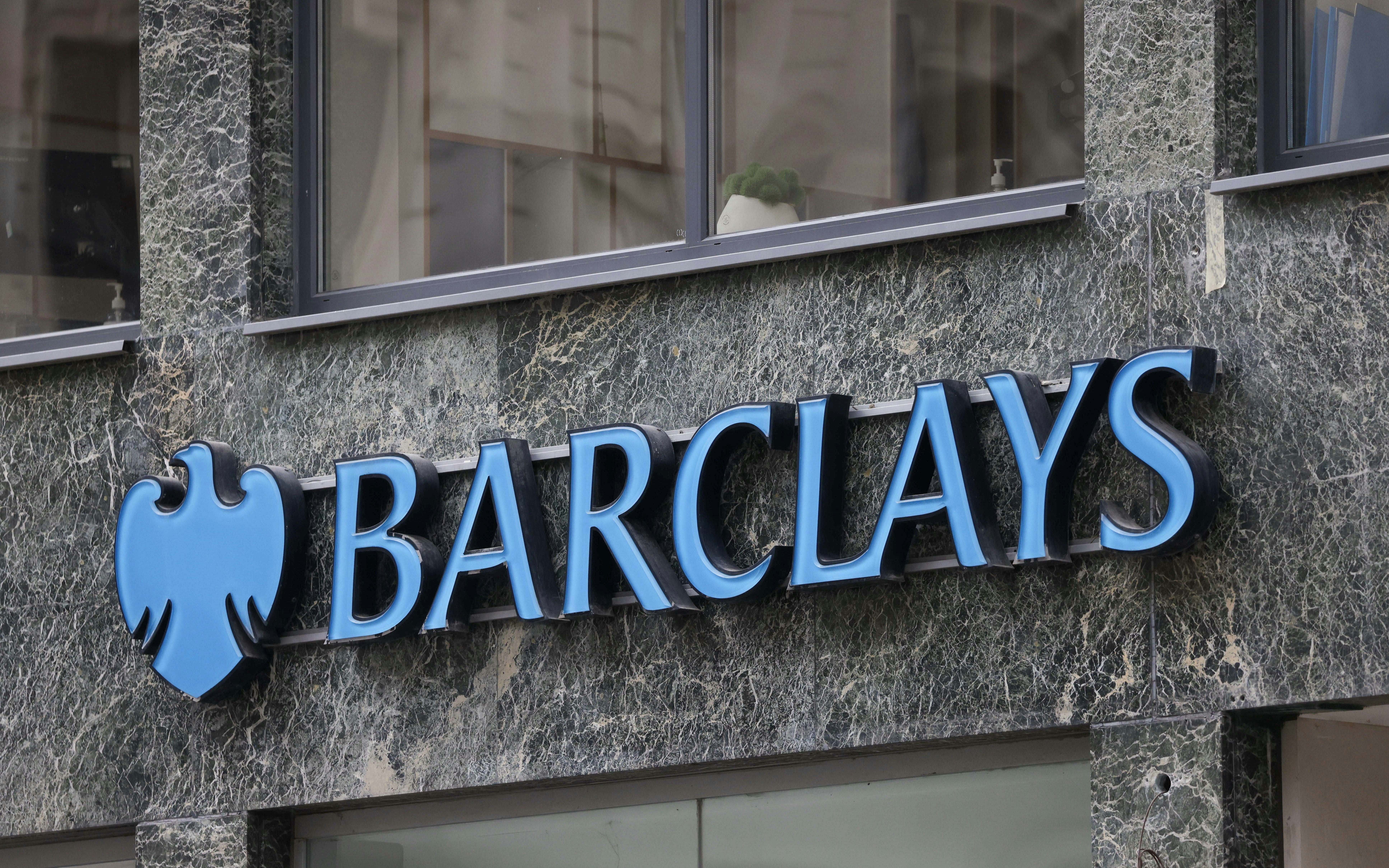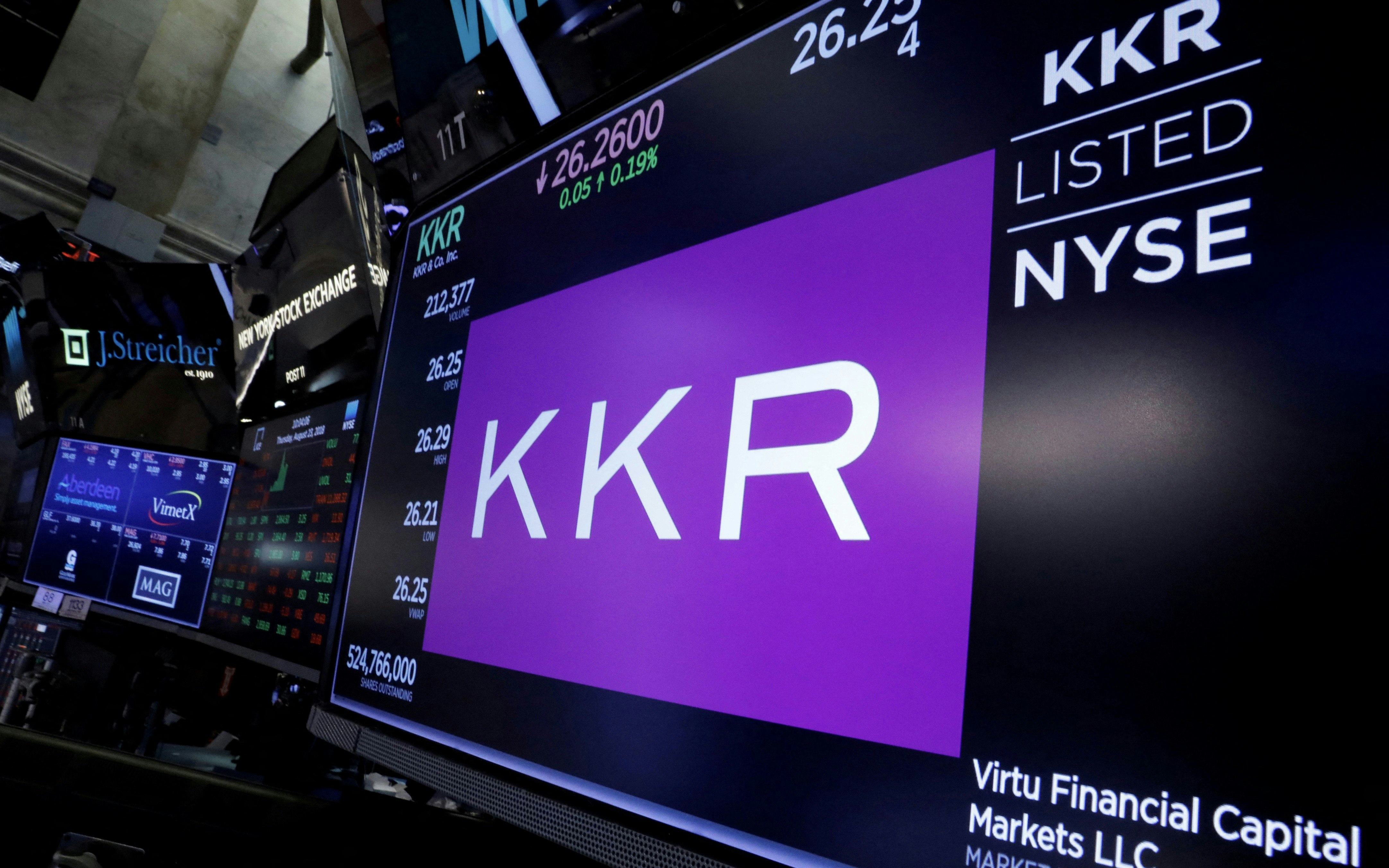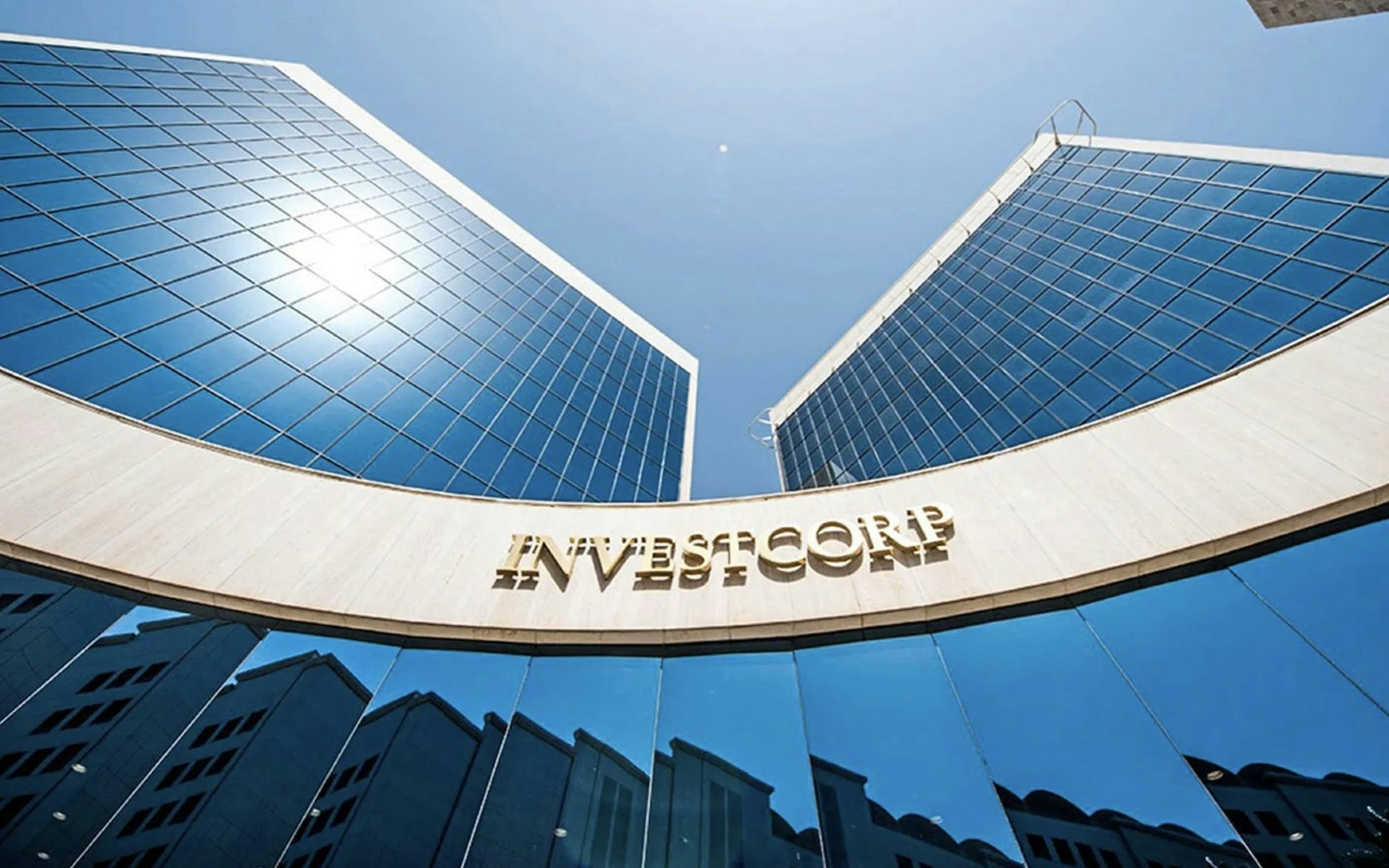Business
Barclays Restructures Investment Bank - Focus on Advisory and Equity Markets
Barclays intends to restructure its investment bank and focus more on advisory and equity market business to generate additional revenues of £700 million.

Taylor Wright and Cathal Deasy, who have jointly led the investment bank since 2023, presented their new strategy to analysts on Tuesday. They made it clear that Barclays will in the future rely less on capital-intensive products such as Debt Capital Markets (DCM), which traditionally make up a large part of the revenue.
Our investment banking fees are too heavily focused on balance sheet-driven products," Wright explained. While Barclays operates in the same markets as the top five US banks, the British bank generates 54 percent of its revenue in the DCM area. In comparison, this proportion is only an average of 38 percent for its US competitors. This makes Barclays' business less capital-efficient and less profitable, Wright continued.
The adjustments in the investment bank are part of a comprehensive plan that CEO CS Venkatakrishnan presented earlier this year. This plan aims to reduce risks in investment banking and allocate capital more efficiently. By 2026, the proportion of the investment bank's risk-weighted assets (RWA) in the overall group is to be reduced from the current 58 percent to 50 percent.
Between 2019 and 2023, Barclays' global market share of fee revenue fell by more than one percent. In particular, weakness in the DCM sector contributed to the loss last year, highlighting the bank's vulnerability in this business segment.
Wright and Deasy are now increasingly focusing on the consulting business to stimulate growth and strengthen Barclays' competitive position. The investment bank is set to allocate resources to more profitable business areas and expand market shares in the consulting and equity markets.
A special focus is on the US market. Although 40 percent of Barclays' so-called priority clients are based in the US, the bank generates less than ten percent of its investment banking revenues there. In the future, the presence in the US is to be significantly expanded. During the financial crisis of 2008, Barclays took over large parts of Lehman Brothers' US business but has since been unable to increase revenues in the market as desired.
The changes introduced by Wright and Deasy include, among other things, the integration of certain business units into the investment bank and the hiring of new executives for key sectors. These include former Bank of America technology banker David King and financial sponsor specialist Martin Douglass from Morgan Stanley.
Barclays also aims to specifically expand business with existing customers who take loans from the bank but have so far hardly used any other services. 'About a quarter of RWAs in investment banking come from clients who use only one or no other product beyond the loan. This typically does not generate the desired return,' explained Wright.
The overarching goal is to achieve sustainable and higher returns, Wright added: "Our North Star is sustainable yield growth based on better capital returns.






